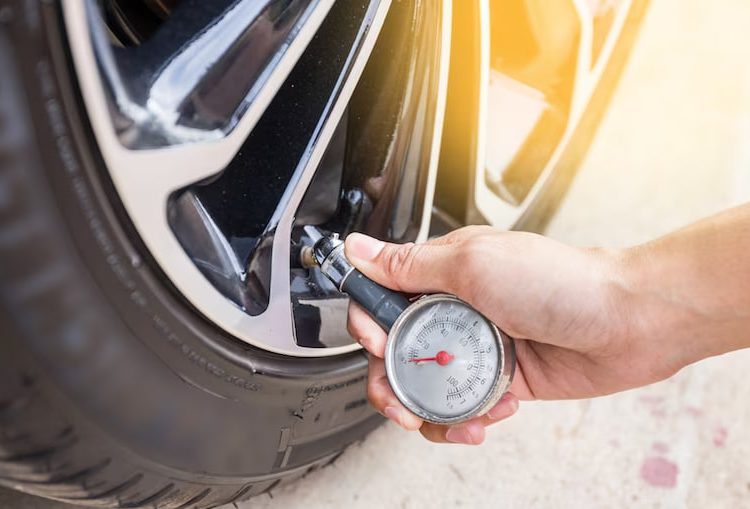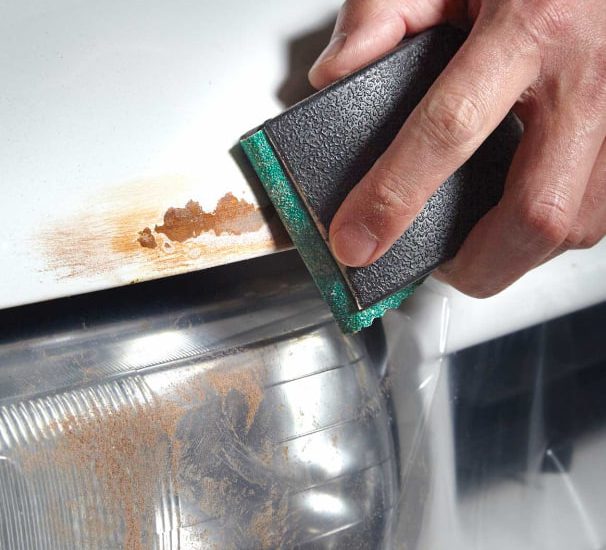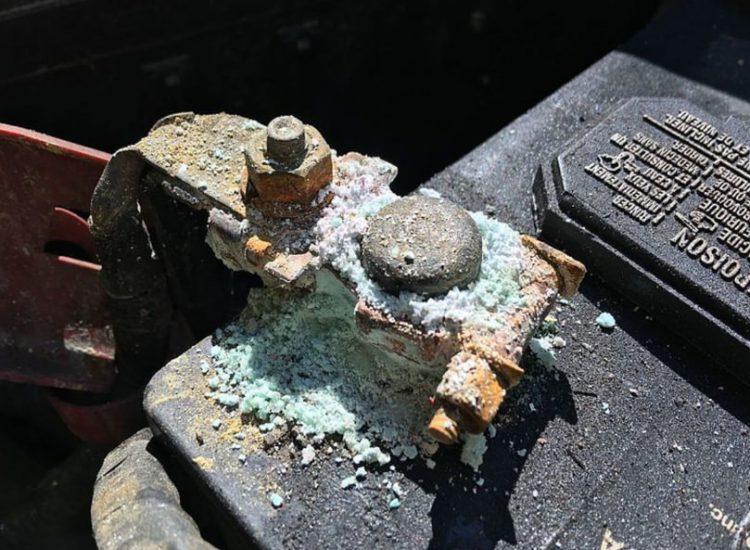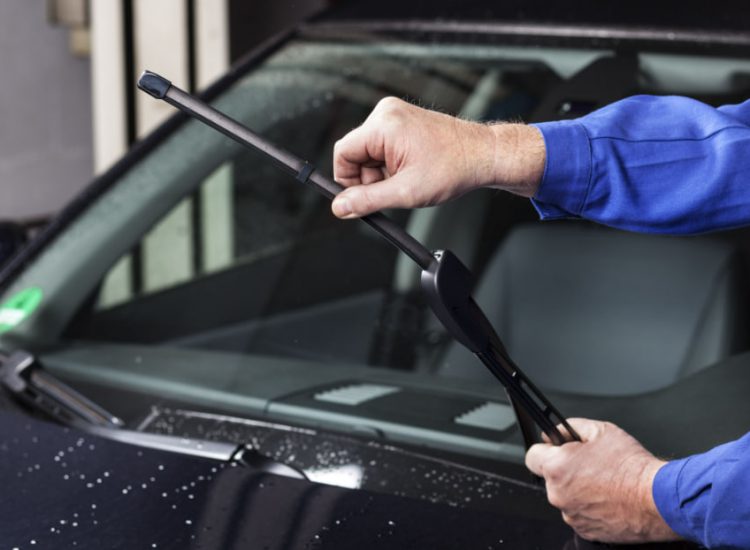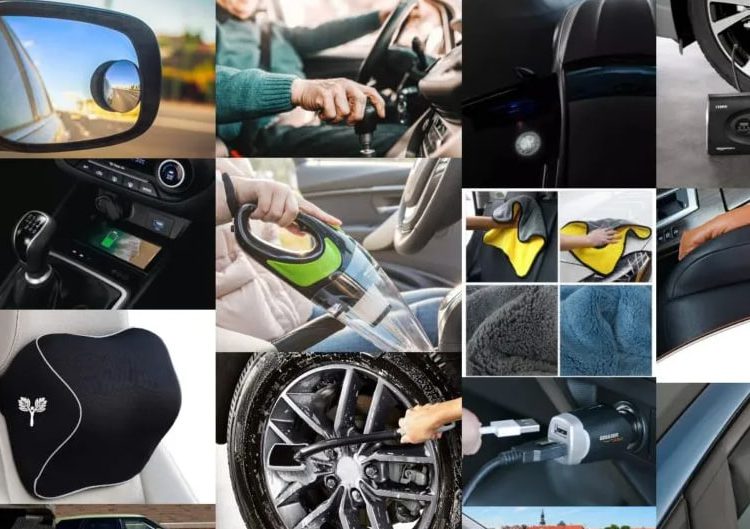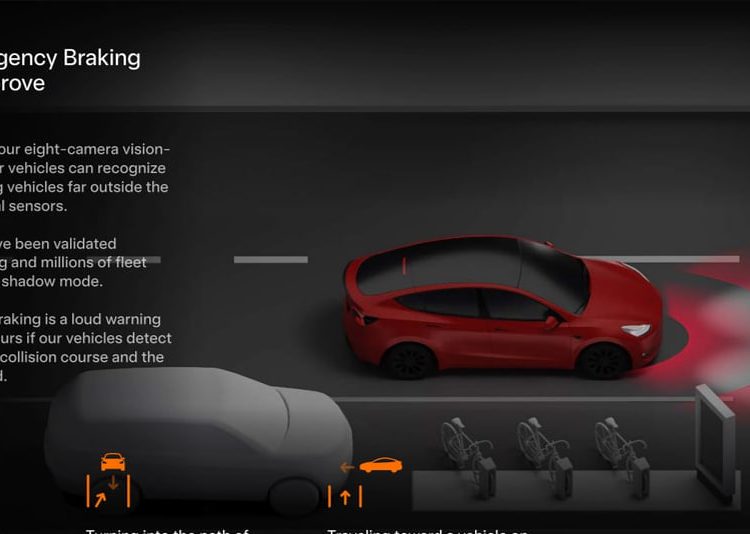As we continue to rely on cars as a primary mode of transportation, finding ways to save fuel and reduce emissions has become increasingly important. While many have turned to electric or hybrid vehicles, there is another solution that relies on the experience of long-term drivers. By tapping into their knowledge and expertise, cars can be driven in a way that conserves fuel and reduces the impact on the environment. Now , we will explore this topic in depth and discuss the benefits of utilizing the experience of long-term drivers to help cars save fuel.
Toc

Regularly clean spark plugs, injectors, air filter
As a car owner, it is important to ensure that your vehicle is always in tip-top shape. Regular maintenance checks and inspections are necessary to ensure that your car is running smoothly and efficiently. One important aspect of car maintenance is the cleaning of spark plugs, injectors and car air filters. In this , we will discuss the importance of regular cleaning of these parts and how it can benefit your vehicle.Spark Plugs
Spark plugs are an essential component of a car’s ignition system, providing the spark that ignites the fuel in the engine. Over time, spark plugs can become dirty and corroded, causing misfires, reduced fuel efficiency and even engine damage. Regular cleaning of spark plugs can prevent these issues, allowing the engine to run smoothly and efficiently. It is recommended to clean spark plugs every 30,000 miles or as advised by your car manufacturer.
Injectors
Fuel injectors are responsible for delivering fuel to the engine. Over time, fuel injectors can become clogged with dirt and debris, leading to reduced fuel efficiency and poor engine performance. Regular cleaning of injectors can prevent these issues, allowing the engine to run smoothly and efficiently. It is recommended to clean injectors every 15,000 miles or as advised by your car manufacturer.
Car Air Filters
Car air filters are responsible for filtering out dirt and debris from the air that enters your car’s engine. Over time, air filters can become clogged with dirt and debris, leading to reduced airflow and poor engine performance. Regular cleaning of air filters can prevent these issues, allowing the engine to run smoothly and efficiently. It is recommended to clean air filters every 12,000 miles or as advised by your car manufacturer.
Benefits of Regular Cleaning
Regular cleaning of spark plugs, injectors, and air filters can provide numerous benefits to your vehicle. These benefits include improved fuel efficiency, increased engine performance, extended engine life, reduced emissions, and cost savings on repairs and maintenance. By taking care of these essential components, you can ensure that your vehicle is running at its optimal level and avoid costly repairs and replacements in the future.
Regular cleaning of spark plugs, injectors, and air filters is an essential aspect of car maintenance that should not be overlooked. By taking care of these components, you can ensure that your vehicle is running smoothly and efficiently, providing you with a safe and reliable driving experience. So, make sure to include these tasks in your car maintenance checklist and enjoy the benefits of a well-maintained vehicle.
Don’t let the tires get too young

1. https://suvwars.com/archive/434/
2. https://suvwars.com/archive/509/
3. https://suvwars.com/archive/445/
As a car owner, you probably know that regular maintenance is essential to ensure your vehicle runs smoothly and safely. However, one aspect of car maintenance that is often overlooked is the age of your tires. While tread depth and air pressure are commonly checked, many drivers don’t realize that tires can become too old and need to be replaced even if they still appear to be in good condition., we’ll explore why you should not let your car tires be too young and how to properly care for them.What is tire aging?
Tires, like most materials, break down over time. The rubber begins to degrade due to exposure to heat, sunlight, and chemicals. This process, known as tire aging, can lead to a loss of elasticity, which in turn can cause cracking, splitting, and other forms of wear and tear. Even if your tires have plenty of tread left, they may no longer be safe to use if they are too old.
How old is too old?
Tire aging can vary depending on a number of factors, including the quality of the tire, how often it is used, and how it is stored. Generally, most tires will last for about six years before they start to show signs of aging. However, tires that are frequently exposed to high temperatures or sunlight, or that are not properly stored, may begin to show signs of aging much sooner. It’s important to have your tires inspected regularly by a qualified mechanic to ensure they are safe to use.
What are the risks of driving on old tires?
Driving on old tires can be dangerous for a number of reasons. As tires age, they become more prone to blowouts and other forms of tire failure. This can cause you to lose control of your vehicle, especially at high speeds. In addition, old tires may not provide as much grip on the road as they once did, which can affect your ability to brake and steer. This can be especially dangerous in wet or icy conditions.
How can you care for your tires?
To ensure your tires last as long as possible and remain safe to use, it’s important to properly care for them. Here are some tips:
1. Check your tire pressure regularly: Driving on underinflated or overinflated tires can cause uneven wear and tear, which can shorten the life of your tires.
2. Rotate your tires: Rotating your tires regularly can help ensure they wear evenly and last longer.
3. Store your tires properly: If you have a spare set of tires or plan to store your car for an extended period of time, be sure to store your tires in a cool, dry place away from sunlight and chemicals.
4. Inspect your tires regularly: Check your tires for signs of wear and tear, including cracks, bulges, and punctures. If you notice any of these, have your tires inspected by a qualified mechanic.
In conclusion, while it’s important to regularly maintain your car, don’t forget to pay attention to the age of your tires. Driving on old tires can be dangerous and can increase the likelihood of tire failure. By properly caring for your tires and having them inspected regularly by a qualified mechanic, you can ensure your tires remain safe to use and last as long as possible.
1. https://suvwars.com/archive/67/
2. https://suvwars.com/archive/429/
3. https://suvwars.com/archive/434/
Go at the gas station, maintain the rpm no more than 2,000 rpm

Going to the gas station is a regular chore for most car owners. While we all know the basics- fill up the tank, check the oil, and tire pressure, there is one important thing you may not know about maintaining your car’s health: maintaining the RPM (revolutions per minute) no more than 2,000 RPM. In this blog, we will explore why maintaining the RPM is important and how you can do it.Firstly, let’s understand what RPM is. RPM is a measure of how fast the engine is rotating. The higher the RPM, the faster the engine is running. The RPM is controlled by the gas pedal- the harder you press on the pedal, the higher the RPM will be. So, when you are at the gas station and you start your car, you want to avoid pressing down hard on the gas pedal, as this will cause your RPM to rise.
Maintaining the RPM no more than 2,000 RPM is important for a few reasons. Firstly, it helps to reduce wear and tear on your engine. When your engine runs at high RPM, it produces more heat and friction, which can cause damage to the engine. By keeping the RPM low, you can help to reduce the amount of wear and tear on your engine, which can prolong its lifespan.
Secondly, maintaining the RPM can also help you to save fuel. When your engine runs at high RPM, it uses more fuel. By keeping the RPM low, you can reduce your fuel consumption, which can save you money in the long run.
So, how can you maintain the RPM no more than 2,000 RPM? Firstly, you should avoid pressing down too hard on the gas pedal when you start your car. Secondly, you should shift gears smoothly and at the right time. When you shift gears, you need to press down on the clutch pedal, which disengages the engine from the transmission. This allows you to shift gears smoothly and without causing the RPM to rise too high.
Finally, you should also avoid accelerating too quickly. When you accelerate too quickly, you cause the RPM to rise quickly, which can cause damage to your engine. Instead, try to accelerate slowly and steadily, which will help to keep the RPM low and reduce wear and tear on your engine.
In conclusion, maintaining the RPM no more than 2,000 RPM is an important part of maintaining your car’s health. By doing so, you can reduce wear and tear on your engine, save fuel, and prolong the lifespan of your car. So, the next time you visit the gas station, remember to keep the RPM low and your engine healthy.

